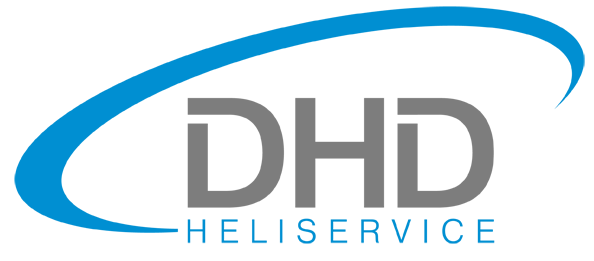THE PATH TO THE COMMERCIAL PILOT LICENSE - HELICOPTER LAPL(H)
We’d like to give you some information about training for helicopter transport pilots ATPL(H) and for commercial helicopter pilots CPL(H) below. In its regulations, EASA (European Aviation Safety Agency) provides a number of different options on the path to a profession in the helicopter cockpit.
We would be happy to advise you personally and make an individually-tailored offer.
From our many years of experience in helicopter flight operations, we recommend a practice-based entry into the profession with modular training to become a commercial helicopter pilot CPL(H). It comprises three modules.
Module 1: Training to become a private helicopter pilot PPL(H)
Module 2: Obtaining practical flight experience
Module 3: Theoretical and practical training CPL(H)
Module 1
For this, we recommend our information about training to become a private helicopter pilot PPL(H).
Module 2
This module comprises 110 flight hours in helicopters. In it you will gain valuable flight experience. During this time you are also welcome to obtain additional type ratings, as well as night rating, if not already done as part of Module 1.
You may complete a large share of these flying hours on your own and enjoy the freedom of flying. But you won’t be left completely alone. We have come up with a specially designed program, which entails flying tasks that you first complete with a flight instructor and in the solo flight at the advanced stage.
These include demanding cross-country flights, international flights, flights in demanding geographic areas and additional night flights. In this module, we also attach great importance to the professionalization of emergency procedures with one of our flight instructors.
Module 3
Module 3 consists of theoretical and practical training CPL(H). The minimum age for beginning Module 3 is 18 years.
Practical training
Practical training comprises 30 flight hours, including 20 hours of visual flight and 10 hours in instrument flight training. Practical training concludes with a flight test.
Theoretical training
Theoretical training consists of 250 hours of theory leading up to the examination and entails the following subjects.
- Air Law
- Aircraft General Knowledge — Airframe/Systems/Powerplant
- Aircraft general knowledge — instrumentation
- Mass and balance
- Performance
- Flight planning and monitoring
- Human performance
- Meteorology
- General navigation
- Radio navigation
- Operational procedures
- Principles of flight
- Visual Flight Rules (VFR) communications
Theoretical training is completed with the theory test at the German aviation authority, the Luftfahrt-Bundesamt, in Braunschweig.

